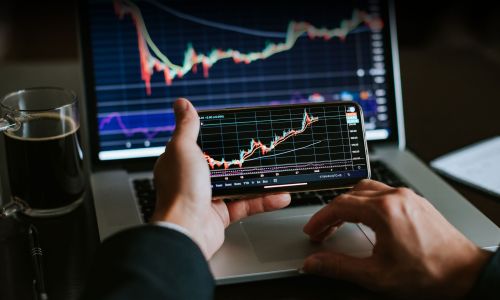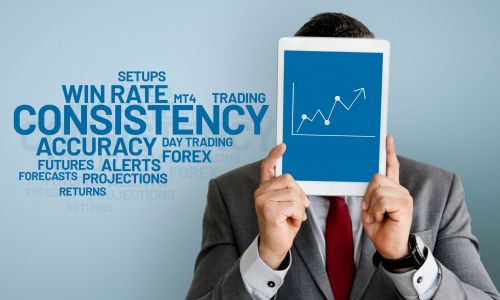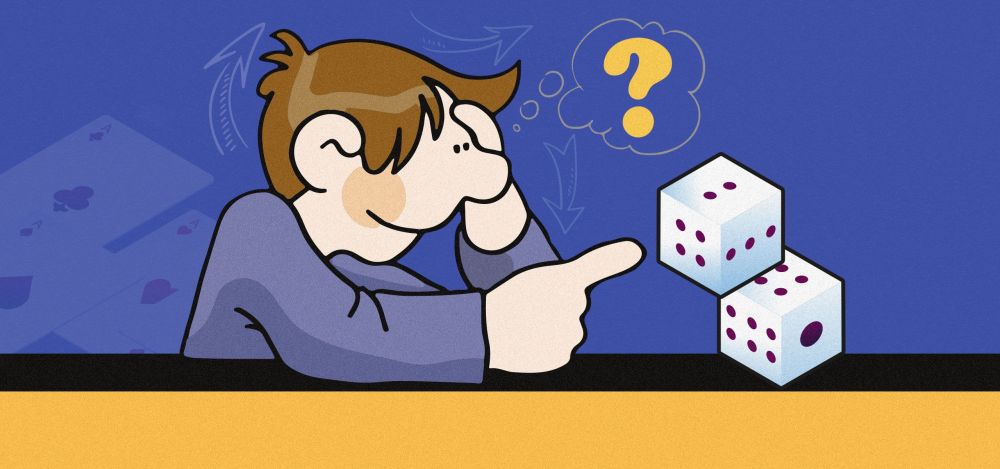Quickly, list your last 5 profitable trades?
Easy right?
Ok, now list your last 5 losses.
If you’re having trouble doing so, you may have Gambler’s Amnesia.
Don’t worry. It’s not something you need to speak to a doctor about. But it may be having an impact on your trading and now might be a good time to address it.
What is Gambler’s Amnesia?
Gambler’s Amnesia (often referred to as Risk Amnesia or Trader’s Amnesia) is quite literally a selective memory for wins and amnesia for losses.
Cognitive distortions in pathological gamblers include exaggerated beliefs in one’s ability to win, overconfidence, a propensity to make risky decisions, superstitious beliefs—such as that a particular position or a machine is lucky—selective memory for wins and amnesia for losses, and the gambler’s fallacy where a win is thought to be due if a run of losses has occurred.
Imagine a gambler sitting at the tables for hours on end, winning some, losing more. After a few beers, some big wins and many many small losses later the gambler looks down at his chips only to realize they’re nearly gone. A common reaction is “wait, where did it all go?” The dealer offers a consoling smile and a shrug as the gambler lumbers off scratching his head. It’s not a pleasant feeling.

Do I have it (and who gave it to me?)
Trading anxiety through Gambler’s Amnesia is not only found within casinos or horse tracks. Gambler’s amnesia plays a very important role in trading as well. Far too many traders get distracted by their sleek looking trading platform and the incessant dinging of news and reports scrolling across the bottom of the screen (oh the dinging… make it stop).
They may take on excessive risk after hitting a nice profit only to take a big loss on the next entry as a result. Or, after taking a series of losses a trader may “need to catch up” and forget the market does not care at all about your series of losses… only to hand you another one… this time with more exposure.
Still others may have had a series of losses before hitting a nice profit. This leads some traders to pat themselves on the back when in reality they’re still in the red.
Finally “Prolonged bull markets with periods of low volatility can create risk complacency and even “risk amnesia.” Any subsequent market correction and/or spike in volatility often shakes investors out of their state of complacency and ignites a sense of fear of what they may have temporarily forgotten — that markets can and will go down.”
How can you overcome trading anxiety?
The most successful traders are the ones who follow three specific rules.
- Take a true accounting of your results. Review them often and use those results to analyze how you can improve. What aspect of your trading is not working and where can you “trim the fat.” Which strategies are showing promise and which of them are falling behind? By tracking these details and constantly reviewing them you can avoid falling into the trap of believing one part of your trading is working when it’s really holding you back.
- Institute a set of rules that define your strategies and stick to them. Rules based trading allows you to tune out the blinking indicators and the news alerts (oh the dinging) while focusing on what you should really be looking for, opportunities. Your trading rules should enhance your trading rather than restrict it.
- Eliminate the emotion driving your trading. The most successful traders approach trading and investing unemotionally. When a trade is closed, win or lose, it’s done. It’s result should have no impact on the kind of trade you place next or the risk assumed going forward. Treat every trade as if it’s a solo, unrelated action. And stop paying attention to the news.
Want to overcome your trading anxiety?
Learn more about fractalerts and how we get rid of the influence of emotions on trading? Fill in the form on our home page and a member of our team would be happy to give you a call or engage via email. Follow our trades. Leave the math to us.
To simply learn more about our process, check out our “The Science” page.
-

The rhytm beneath the noise
-

You Don’t Need a Trading Style. You Need an Edge.
-

Consistency Isn’t the Goal—It’s the Outcome
-

What 2 Quadrillion Data Points Told Us
-

Math and Physics-Based Trading in Any Market Condition
-

Do not worry about anomalies
-

Consistency should not be the goal. Consistency should be the result.
-

Stop canceling fridays
-

The Elliott Wave Forecast is Subjective, Bias Driven And Backwards looking
-

Finding patterns in market data

